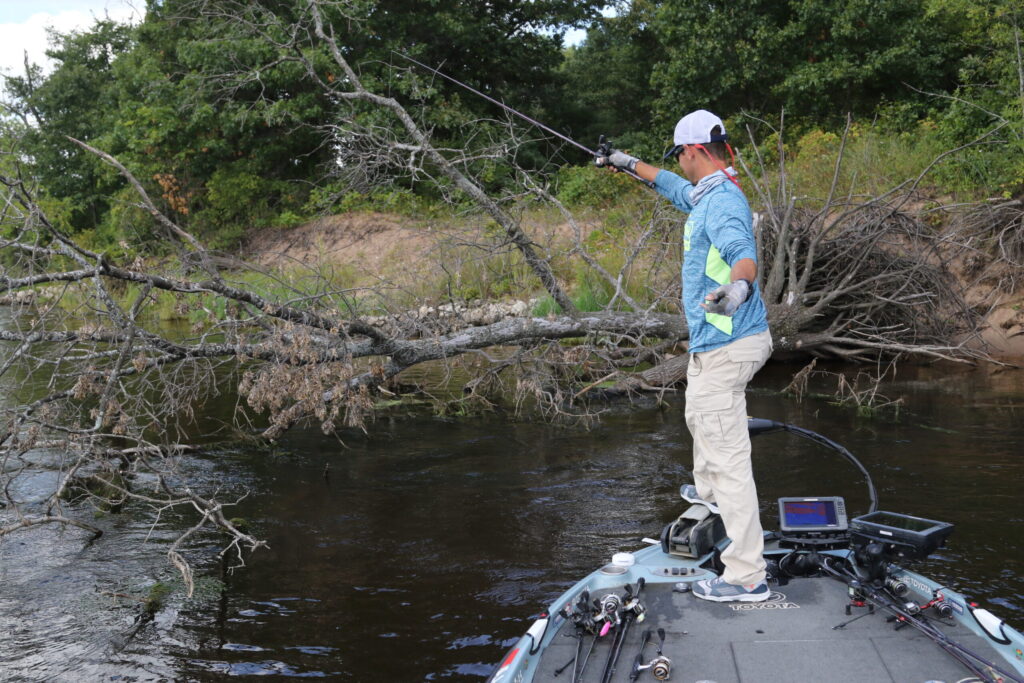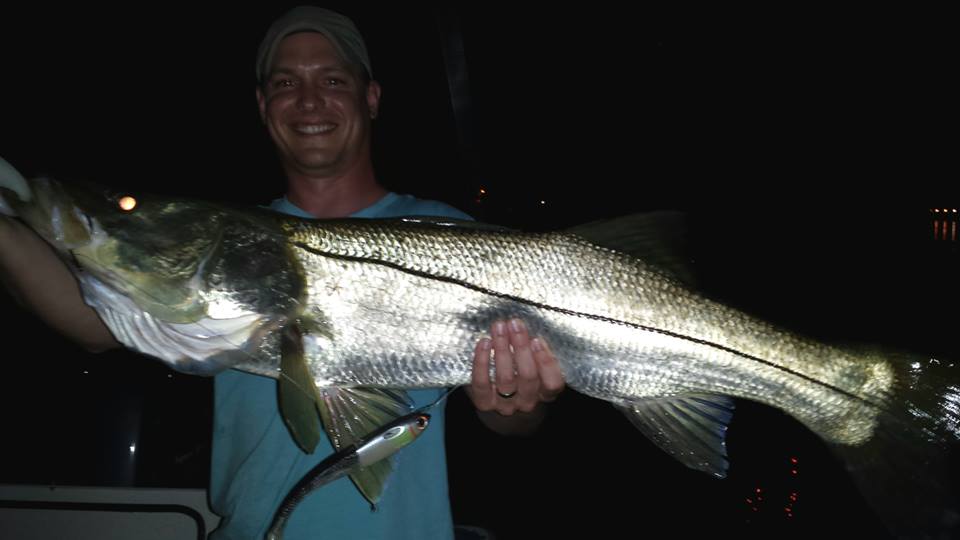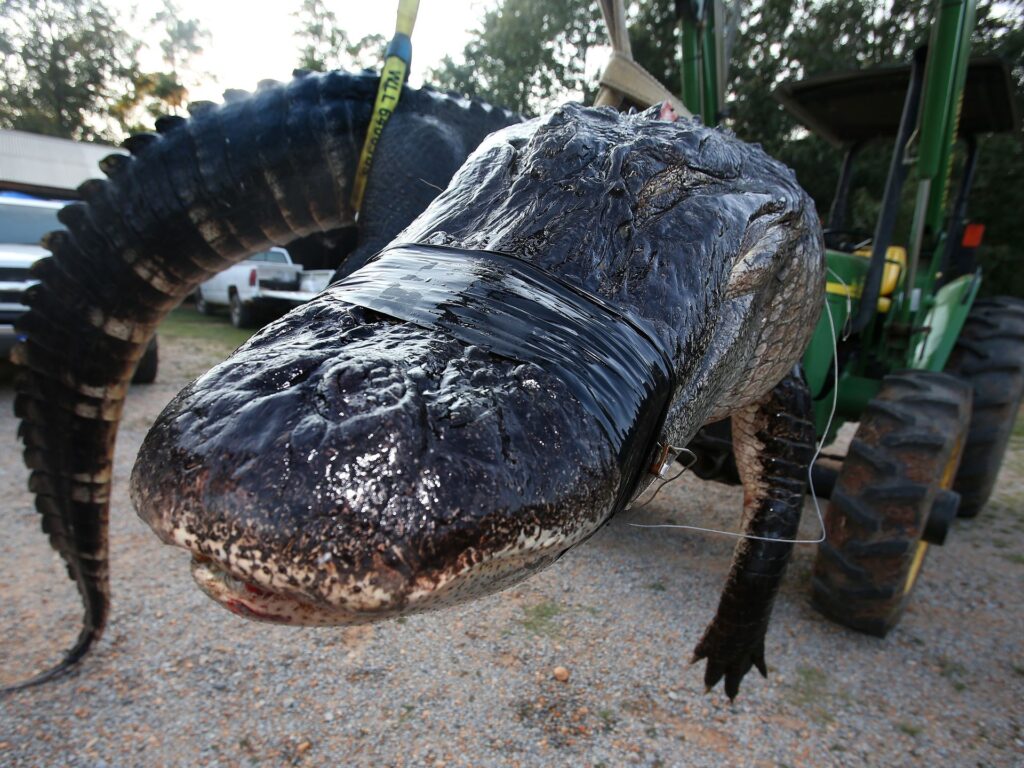A tree falls at the water’s edge, bass take up residence. Simple, right?
No doubt, a good laydowns can yield easy bites, but consistency demands attention to pacing and positioning. Consider these points.
1.Ease Your Way In
Most trees come to rest with their upper extremities facing deeper water and their trunks/root masses on or near the bank. The most aggressive fish will position on the outer perimeter. Idling right to the thickest part of the tree is a mistake—you’re usually riding right over catchable fish. Work the outside branches first with reaction baits like shallow crankbaits, vibrating jigs, spinnerbaits, and topwaters to pick off the feisty ones and then work your way progressively inward.
2.Read the Water Better
Make use of any water movement — wind- or river-driven — to dial in where the fish are likely to sit. Breaks or gaps in limb structure create funneling points that concentrate current and direct forage through distinct ambush spots. Pitching a bait into such target zones and letting it flush with the water simulates the kind of vulnerable baitfish or crawdad profile that bass seek.
3.Use a Soft Touch
Like any current-directing object, a laydown will have soft-water eddies just outside the funneling points. Less active, yet catchable bass will sit in these still spots and watch the flow for anything that interests them enough to exert the energy necessary to fight their way into and out of the current.
4.Check the Back Door
Just when you think you’ve figured out these fish, they’ll flip the script and show their defiant nature. With laydowns, that means giving the up-current side a few casts for the occasional oddball that wants first crack at anything coming his way. Such fish may find small, slack-water seams behind an upstream limb, so hit these spots thoroughly.



